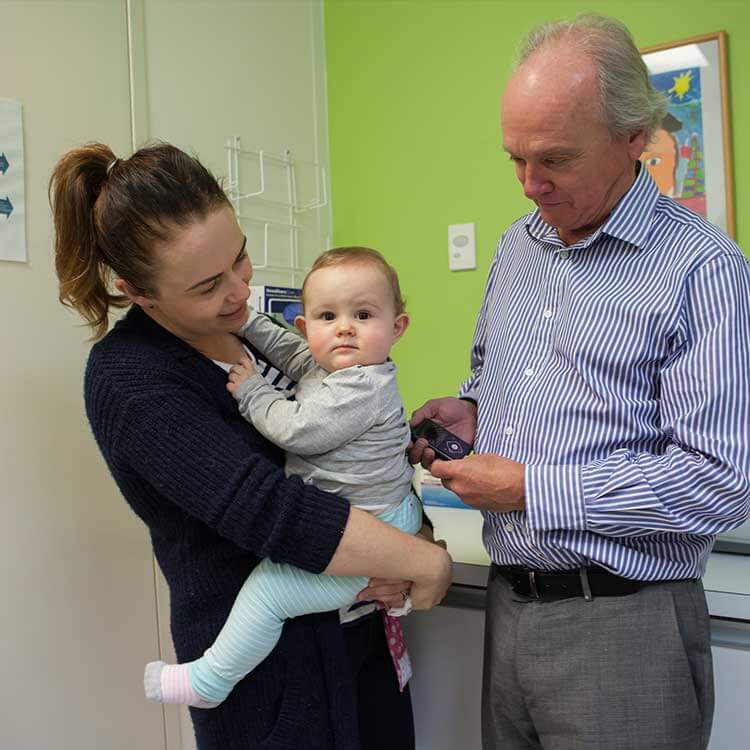Search
Research
A population-based study of risk factors for severe hypoglycaemia in a contemporary cohort of childhood-onset type 1 diabetesThe aim of this study was to examine the incidence rates and risk factors associated with severe hypoglycaemia in a contemporary cohort of children and...
Research
Early loss of the glucagon response to hypoglycemia in adolescents with type 1 diabetesThe objective was to assess the glucagon response to hypoglycemia and identify influencing factors in patients with type 1 diabetes compared with nondiabetic...
Research
Hypoglycemia does not change the threshold for arousal from sleep in adolescents with type 1 diabetesIn adolescents with type 1 diabetes, hypoglycemia does not impair arousal from slow-wave sleep induced by an external auditory stimulus.
Research
Increasing the low-glucose alarm of a continuous glucose monitoring system prevents exercise-induced hypoglycemiaThe use of continuous glucose monitoring systems (CGMSs) with low-glucose alarms is advocated as a means to decrease the risk of hypoglycemia in type-1 Diabetes
Research
Clustering of psychosocial symptoms in overweight childrenThe aims of the present study were to (i) examine the relationship between children's degree of adiposity and psychosocial functioning; and (ii) compare patterns of clustering of psychosocial measures between healthy weight and overweight/obese children.

The Children's Diabetes Centre's research into Type 1 diabetes, childhood onset Type 2 diabetes and obesity aims to improve the lives of children and adolescents affected by these conditions.
Research
Exercising Safely with Type 1 Diabetes – Development of Clinical GuidelinesOur research focuses on what are the best ways for patients with Type 1 Diabetes to exercise safely. We aim to develop clinical guidelines that provide improved advice for patients and educate patients on how to prevent hypos during and after exercise.
Research
Use of Hybrid Closed Loop therapy in hypoglycaemia awarenessThis study will tell us if the use of a hybrid closed loop system can improve awareness of hypoglycaemia.
Research
Longitudinal Type 1 and 2 Diabetes Plasma and Serum RepositoryThe Serum & Plasma bank was established to provide a store of samples from subjects with diabetes as well as their families.
Research
Australian Childhood Diabetes DNA RepositoryCollecting DNA samples from Australian families affected by diabetes.
